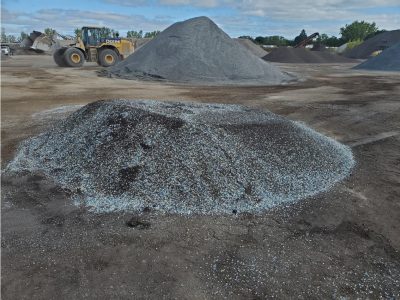Funding/Research Supports
TBD
Project Status
Incoming
Project Overview
Recently waste materials are increasingly being incorporated into asphalt blends during the production of asphalt mixture for use in pavement construction while maintaining the pavement’s quality due to its economic and environmental advantages. Every year, enormous amounts of plastic are thrown away globally, causing a significant amount of waste being ended up in landfills which pollute the soil, air, and waterways. A potential strategy for reducing the environmental pressure and the demand for diminishing natural resources is recycling plastic trash through incorporation into asphalt pavement. On the other hand, the costs of asphalt paving materials have recently climbed significantly, which has opened the door to the discovery of substitute, less expensive alternatives. However, this project aims to evaluate the impact of incorporating waste plastics into the asphalt and examine overall performances: engineering properties, visco-elastic behavior, low-temperature properties, rutting, fatigue, aging, and cracking of plastic-modified bitumen binders. Furthermore, the optimum percentages of plastic waste to be incorporated into asphalt to achieve advantageous binder properties will also be discussed.
